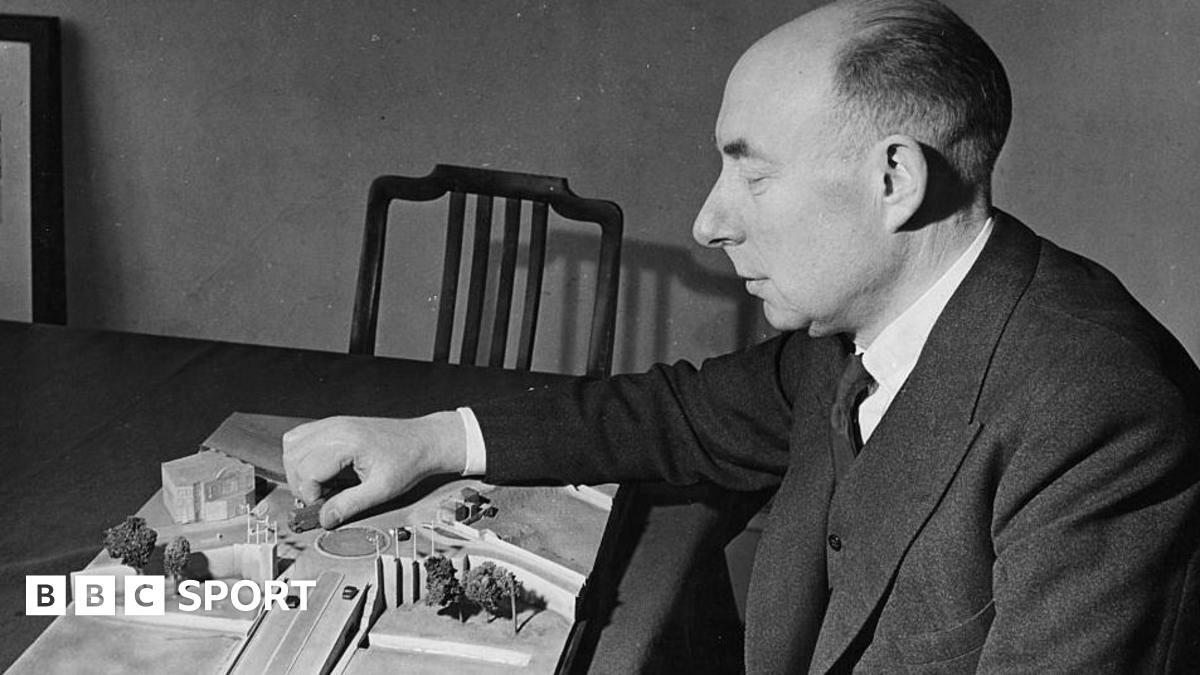To make the stadium pay, Elvin could not rely solely on annual events like the FA Cup final. So he added regular sports such as greyhound racing and motorcycle speedway, which could be held several times a week.
These became Wembley’s bread-and-butter, with Elvin describing in a BBC programme how even after the cup final the goalposts would be taken down “before the last football fan had got off the ground” so that the evening’s dog racing could be set up.
But that did not mean he did not also want other big national events – and international ones, too.
In 1939, after much lobbying from Elvin, the stadium was granted the 1944 Olympic Games. World War Two meant that never happened, but instead Elvin helped to get the Olympic movement back on track in 1948.
“He was performing at Wembley a role which in most other countries was performed by state institutions, of running the national stadium,” Inglis said. “And he was doing it as the boss of a private company.
“In 1948 Elvin effectively rescues the International Olympic Committee, and the British government to a certain extent, by saying ‘I’ll give you Wembley for free’.”
The 1948 Olympics were perhaps Elvin’s finest hour. He died within nine years, in early 1957, aged only 57.
Today he is mostly forgotten – apart from in that one spot in the lobby at the modern stadium, where his memorial bust still stands watch.
Dr Katy Layton-Jones, though, has a simple reason why Elvin’s is a life that has resonance even in the 21st century.
“He is a working-class lad made good. Brits love that story.”
Read full article at source
Stay informed about this story by subscribing to our regular Newsletter



